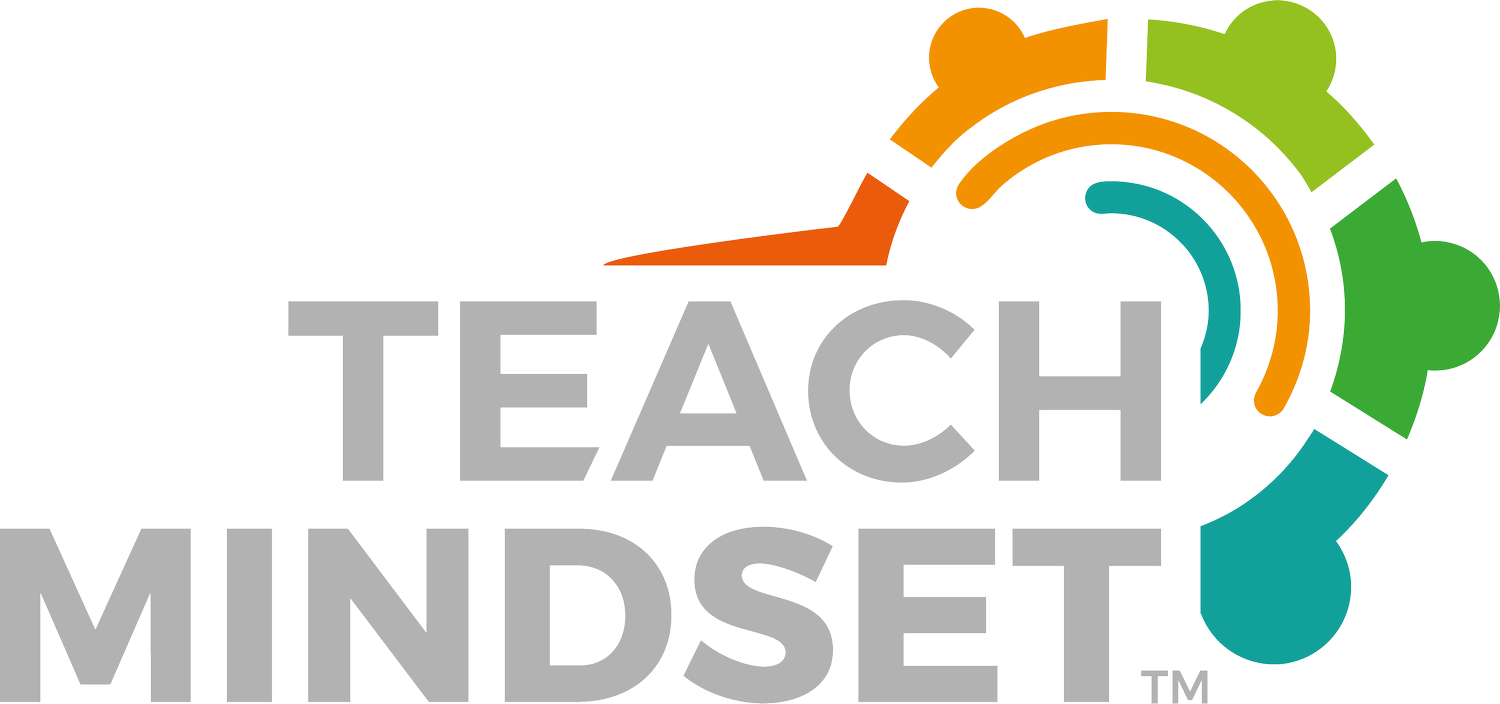Schools need trauma informed practice
A few weeks back, I had the privilege of visiting St. Clare’s Primary school to deliver a CPD session to the full staff team on Trauma-Informed pedagogy – and it was an experience that will stay with me for many years to come.
The team were fantastic. Headteacher Maryann McGuinness is an amazing leader – a real character! I found her passionate. Mary ann wants her pupils to be resilient. This drives St Clares to have a whole-school approach to trauma-informed practice.
What Is Trauma-Informed Practice?
When children experience trauma, they experience many different emotions, making it difficult for them to learn. One effective way for teachers to support these students is by including trauma-informed practices in the classroom. Trauma-informed classrooms use strategies that help children feel safe, emotionally supported, and empowered to do their best work.
We had candid conversations about our fears, anxieties and struggles and then explored what we can do across the school and in class to help our young people. Being aware of our struggles and emotional levers is crucial. We also discussed the signs of compassion fatigue – after all – we can’t help others if we aren’t taking good care of ourselves and each other. This is true trauma-informed practice.
The training covered practical strategies. Techniques such as emotional coaching to help young people with their emotional regulation. Also, modelling optimism and assisting young people in developing their emotional literacy through narratives and stories.
The energy of the staff and their honesty were a huge source of inspiration. The team were hugely compassionate with each other and kind. I am delighted to be back working with the team in August. The feedback from the session was very positive:
In conclusion, Trauma-informed classrooms help professionals better understand the impact of trauma on behaviour. They provide strategies to help children better manage negative emotions. Trauma-informed classrooms seek to break the silence surrounding trauma and its effects, and they help educators help children feel respected and connected.
If I can be helpful with our own team’s Trauma-Informed or resilience work, please get in touch with me.

